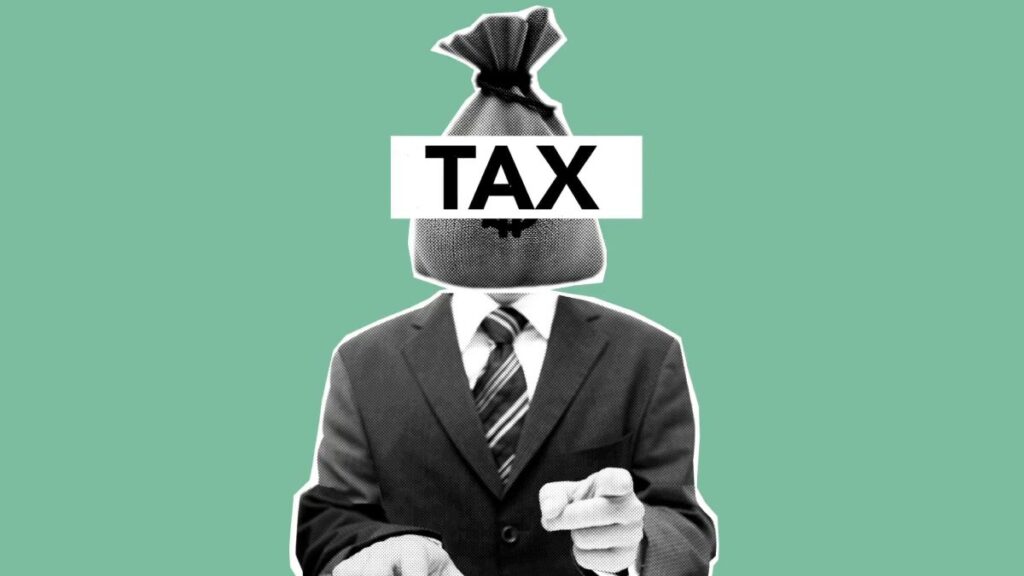As the new financial year starts on April 1, new tax laws outlined in the Union Budget will become active. These changes were introduced by Finance Minister Nirmala Sitharaman during her speech in February.
This means that from April 1 onwards, taxpayers would need to be aware of and follow the new income tax rules set by the government. Thus, it’s important for individuals and businesses to understand these changes to ensure compliance and proper tax planning for the year ahead.
New Tax Laws on Default System
Starting April 1, there’s a change in how taxes are handled. The default option will be to use the new tax system. This change is meant to make filing taxes easier and encourage more people to use the new system, which has lower tax rates but fewer deductions and exemptions. However, if the old tax system works better for someone, they still have the choice to stick with it.
Increased Basic Exemption
Starting April 1, 2023, the basic exemption limit for taxes was raised to ₹3 lakh from ₹2.5 lakh in the new tax system. Also, the rebate under Section 87A of the Income Tax Act, 1961, went up to ₹7 lakh from ₹5 lakh. This means that people earning up to ₹7 lakh won’t have to pay any income tax under the new system.
Here are the new tax slabs:
- Income between ₹3 lakh and ₹6 lakh will be taxed at 5%.
- Income from ₹6 lakh to ₹9 lakh will be taxed at 10%.
- Income from ₹9 lakh to ₹12 lakh will be taxed at 15%.
- Income from ₹12 lakh to ₹15 lakh will be taxed at 20%.
- Income of ₹15 lakh and above will be taxed at 30%.
Restoration of Basic Deduction
Now, in the new tax system, everyone gets a standard deduction of ₹50,000, which used to be available only in the old system. This helps lower the taxable income for everyone using the new system.
Reduced Surcharge
People with high incomes who choose the new tax system will benefit from a lower surcharge. Instead of 37%, the surcharge on income over ₹5 crore is now 25%. This means they’ll pay less tax overall.
Life Insurance Taxation
Starting April 1, 2023, if you have a life insurance policy where the total premium is over ₹5 lakh and it matures after that date, you’ll have to pay tax on the money you receive.
Increased Leave Encashment Tax Exemption
Before, non-government employees could get a tax exemption on leave encashment up to ₹3 lakh. Now, that limit has been raised to ₹25 lakh. This means employees can receive up to ₹25 lakh in leave encashment without paying taxes on it.
Also Read: Budget 2024: Nirmala Sitharaman Unveils Measures for Women’s Advancement
RBI MPC Meeting: Key Highlights on GDP Growth, Inflation and More
Budget 2024: Tax Breaks or Welfare Focus? Decoding the Numbers

